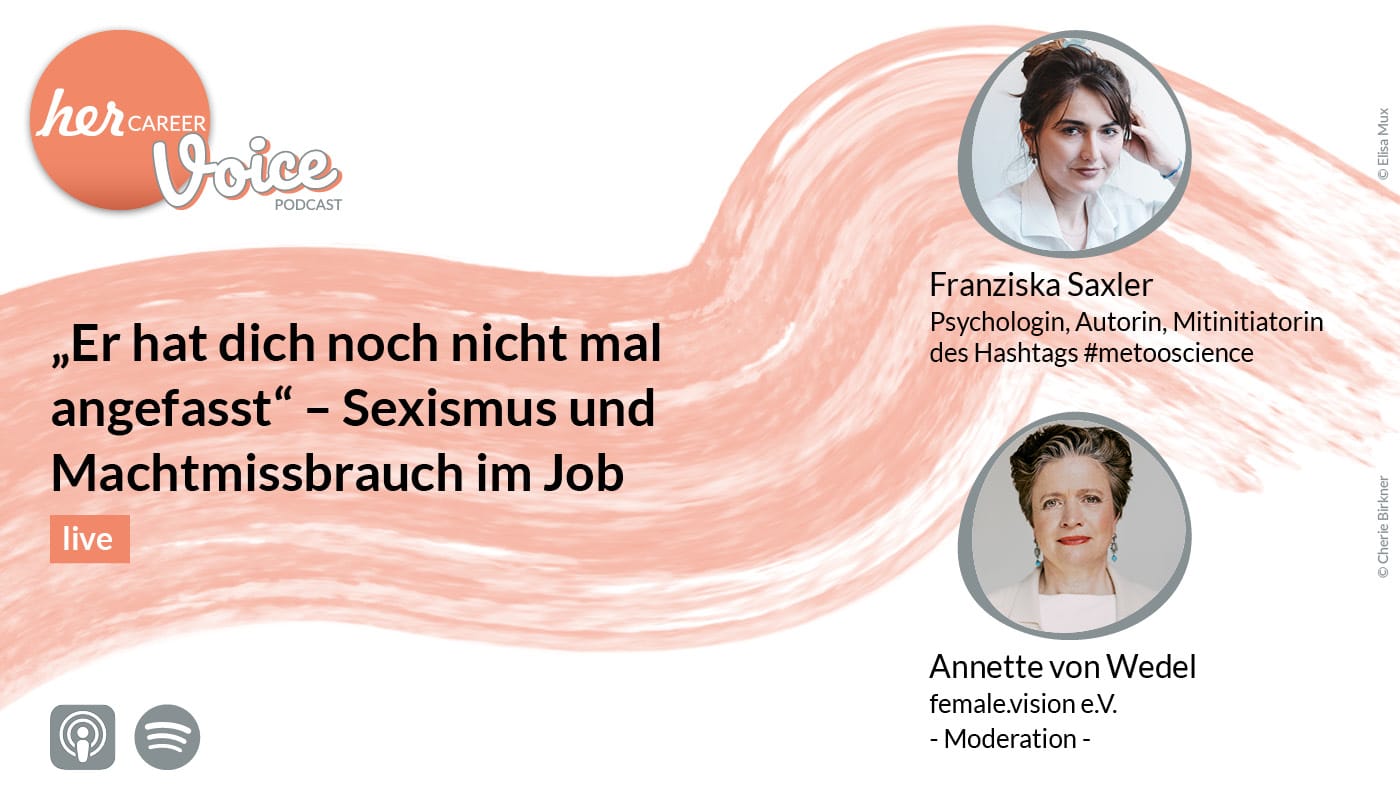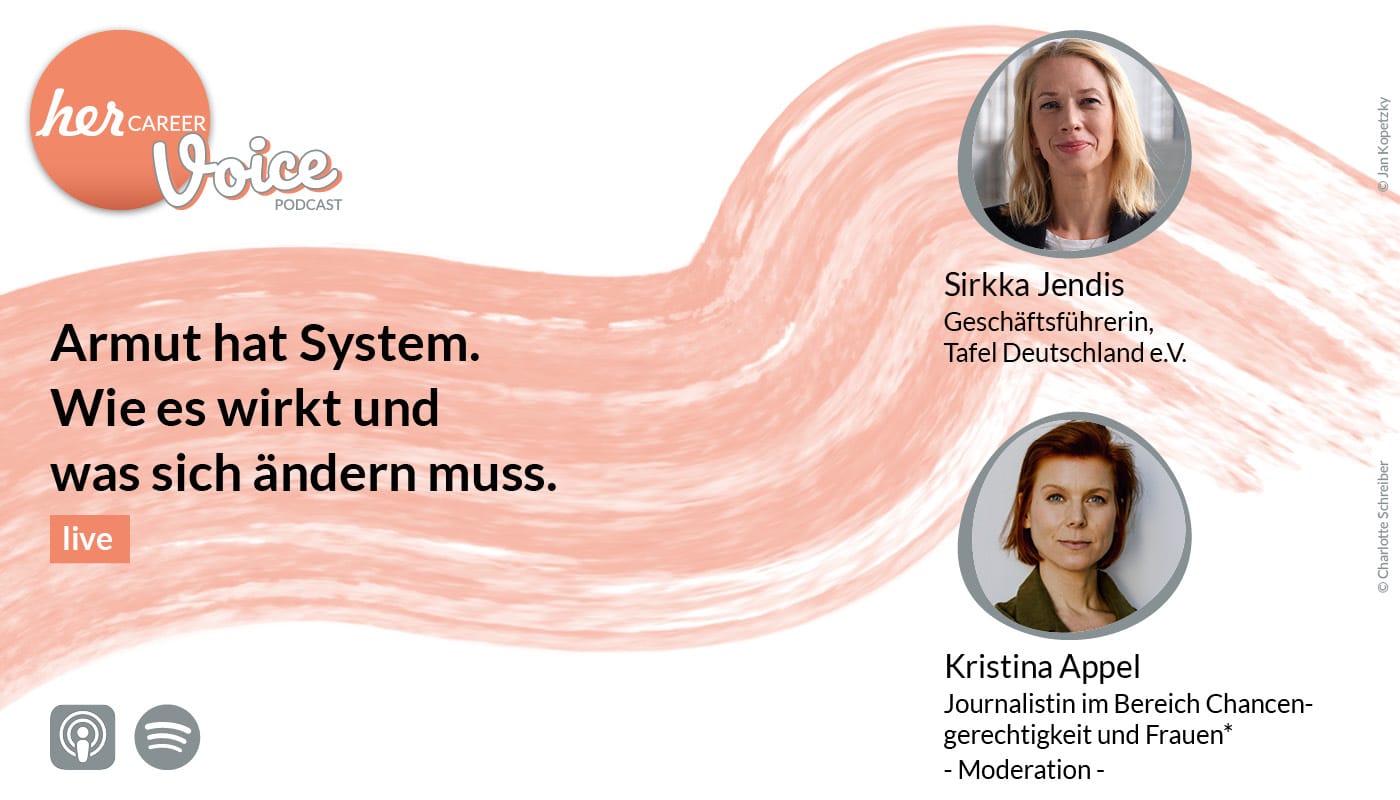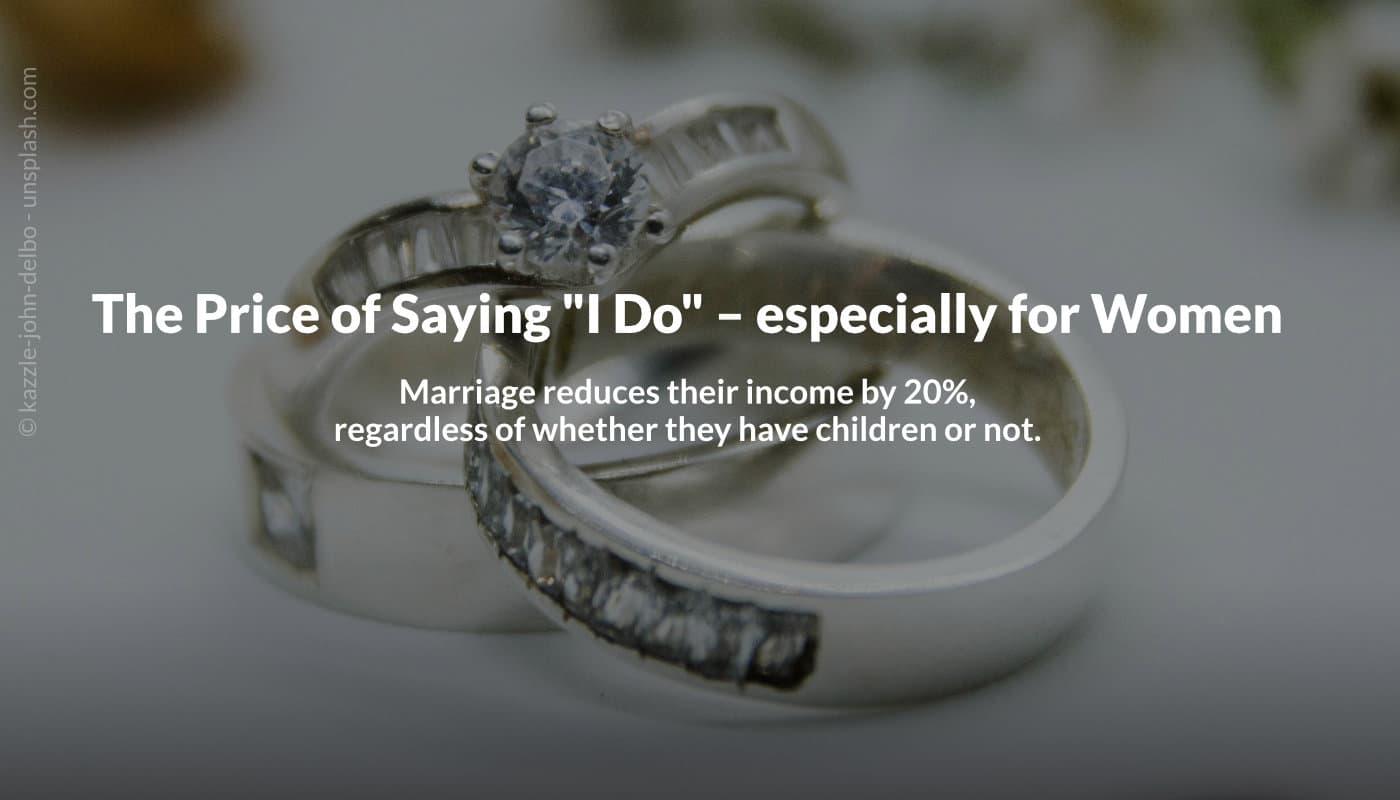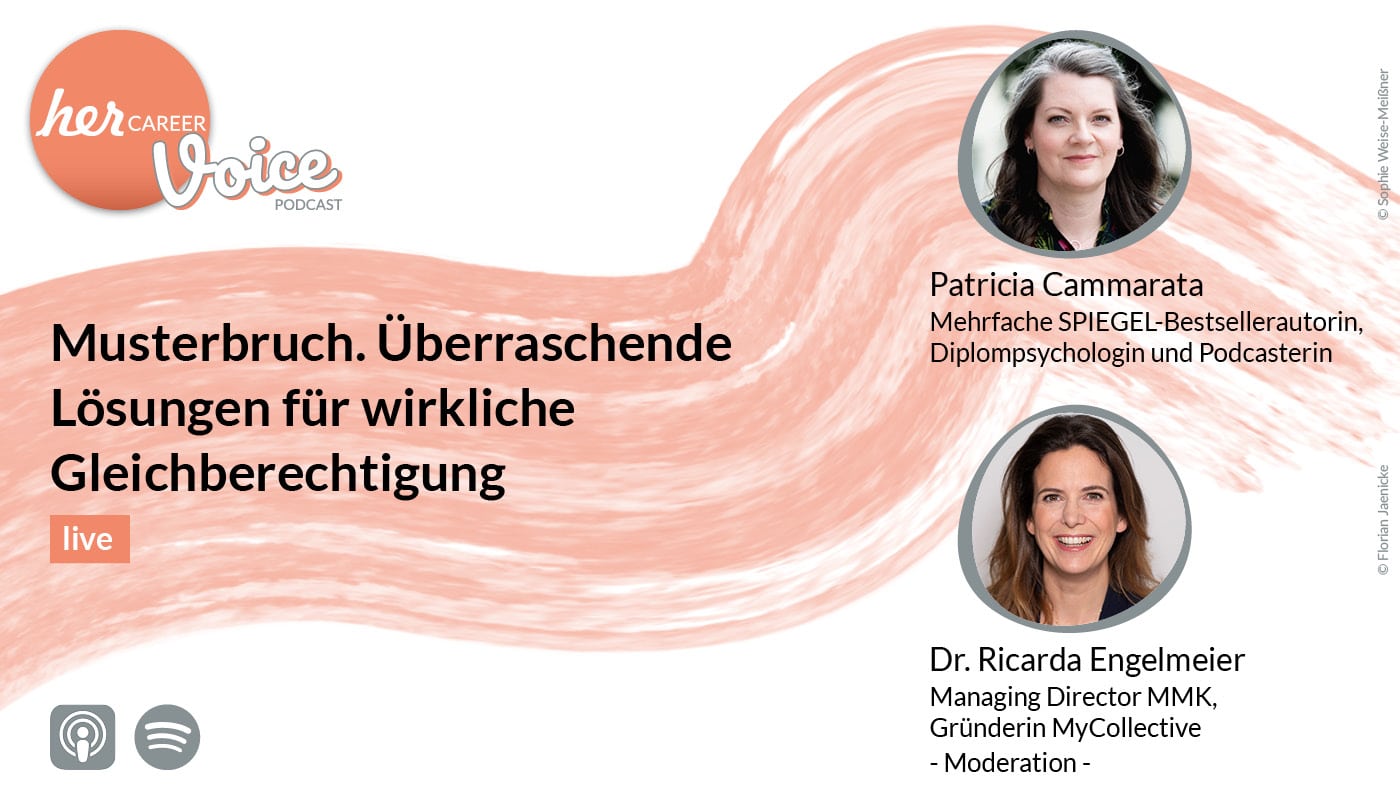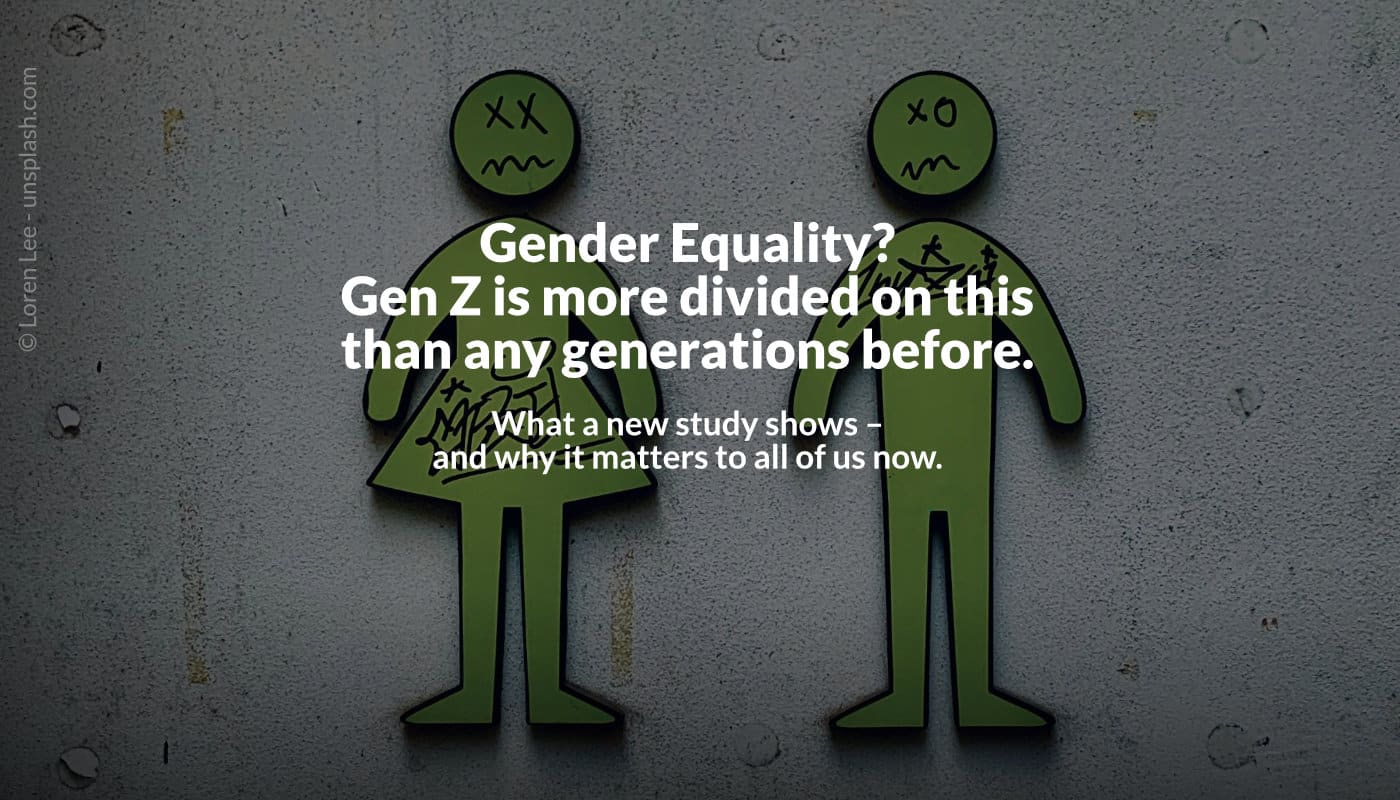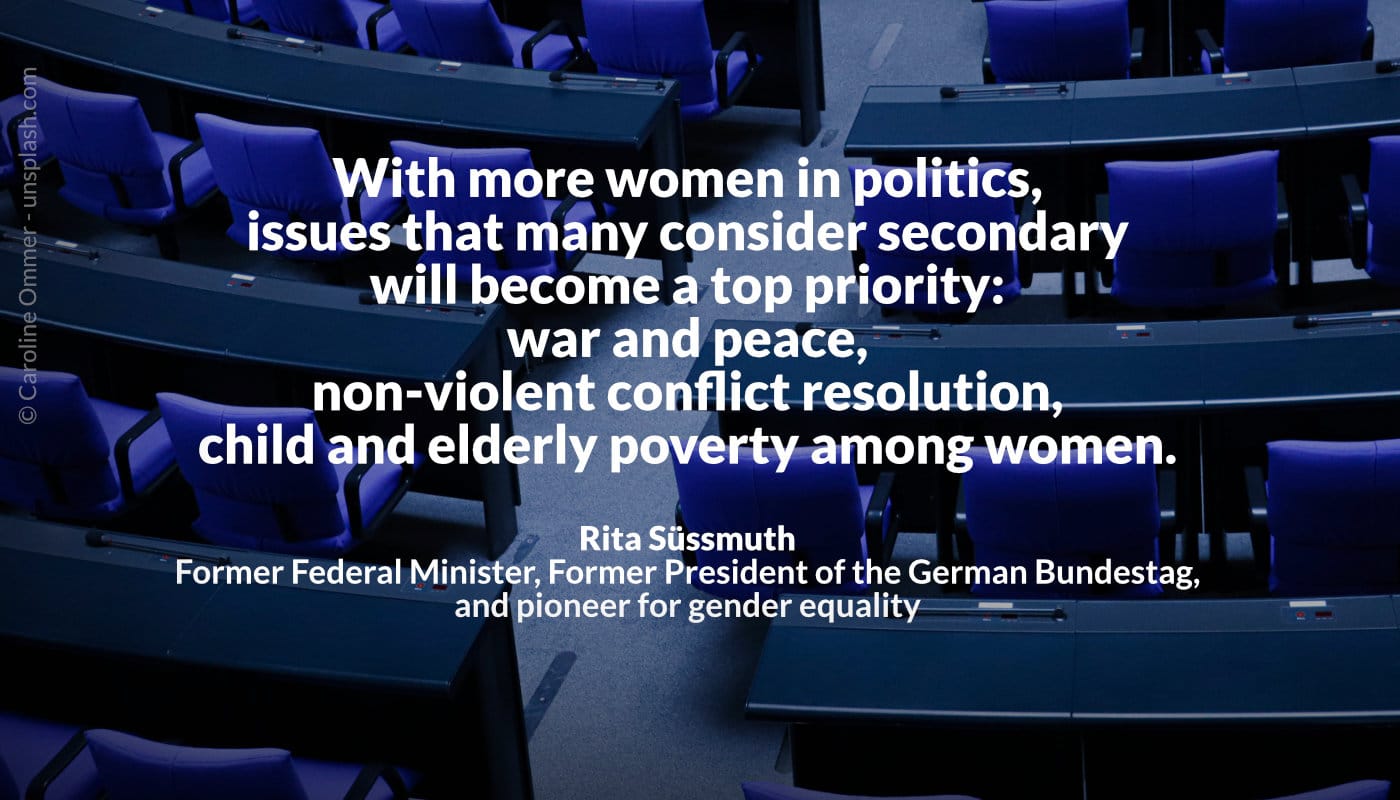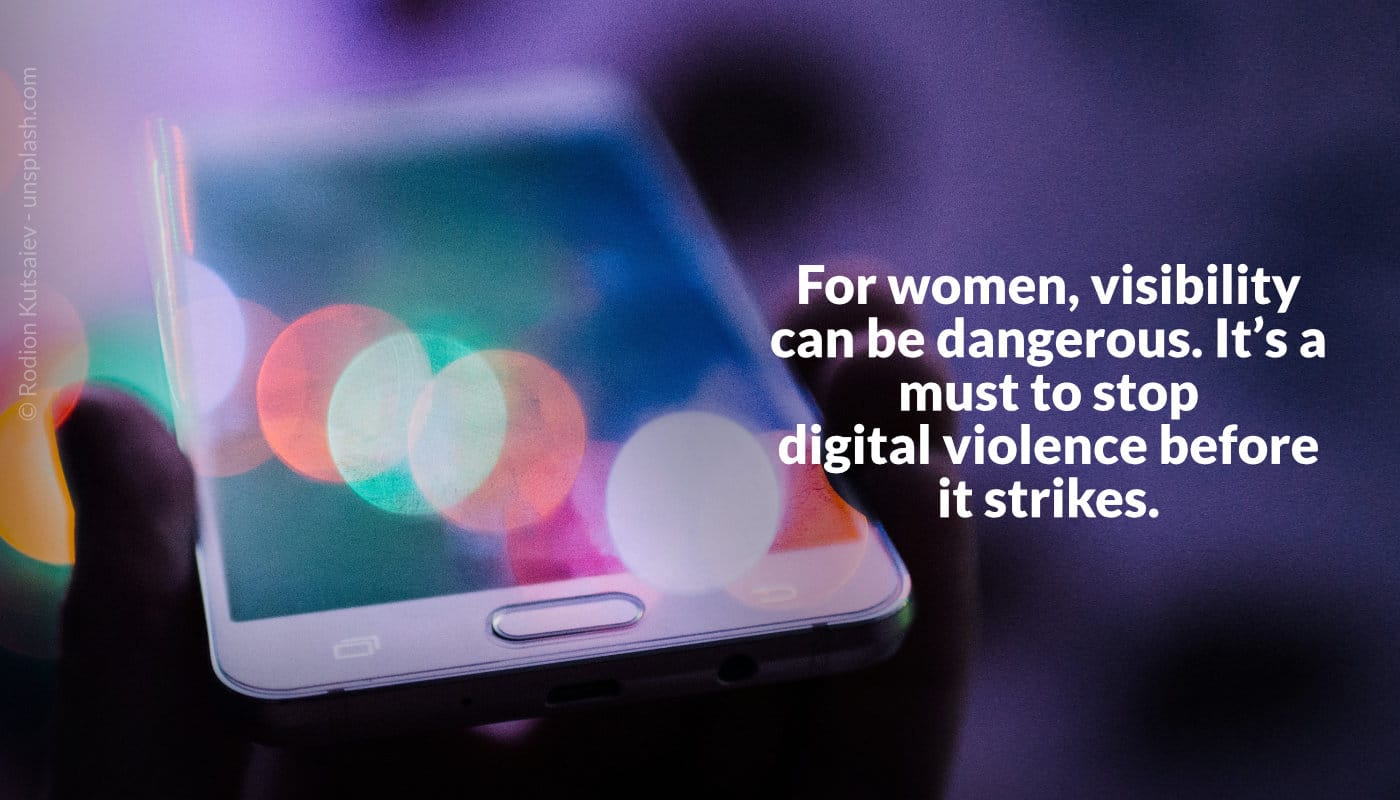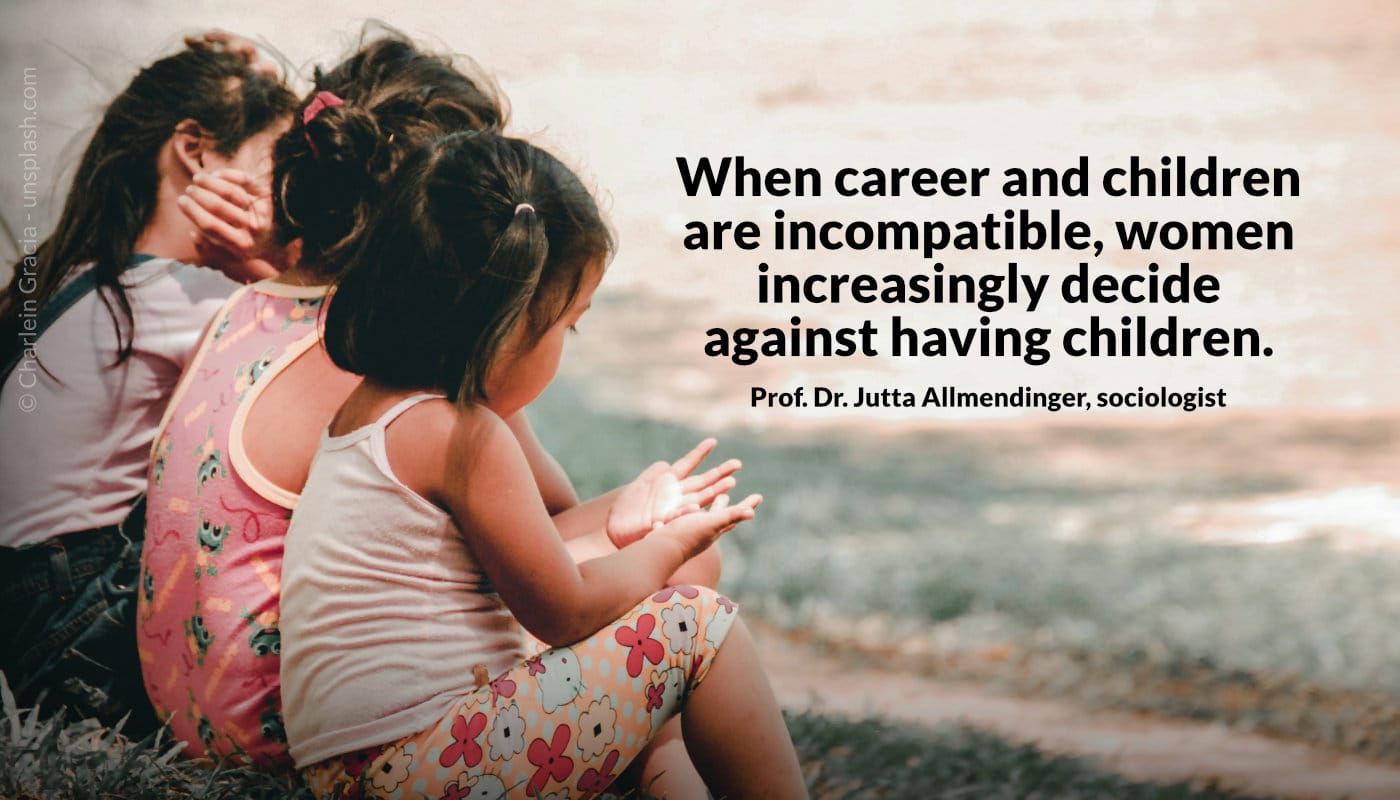“How China Lets Its Women Down,” headlines the Süddeutsche Zeitung.
“A doctoral student at a prestigious university in Beijing accuses her supervisor of sexual harassment—an accusation that is not without risk in a country where victims face potential persecution. Yet, she is not the only one who refuses to remain silent.”
The hour-long video in which the doctoral student from the People’s University of Beijing documents the severe sexual harassment by her supervisor went viral. It shows how she rejected his violent advances and how the professor subsequently obstructed her academic progress and threatened her for two years.
Despite the Chinese censors’ unsuccessful attempts to keep the case from the public, even state media eventually reported on it. The university responded swiftly to the public outcry, announcing that the professor would be expelled from the Communist Party, lose his academic titles, and be dismissed from his position. The university declared a “zero tolerance” policy for such behavior and promised more preventive measures.
However, this relatively favorable outcome is just the latest in a series of alleged abuse cases at China’s top universities and in society more broadly, according to the SZ. The Chinese #MeToo movement (“WoYeShi”) was quickly suppressed by the state starting in 2018—like everything that might incite social unrest. Yet, this suppression is not entirely successful, despite the persecution and “disappearance” of women who made their cases public—such as tennis player Peng Shuai in 2021.
Domestic violence is also widespread: According to a Japanese study, about one in three women in China experiences sexual violence from their partner. Speaking out about this is very difficult for women in the deeply patriarchal society. Moreover, following the demographic consequences of the “one-child policy,” the all-male Communist Party now promotes traditional values to encourage women to have more children.

Published by herCAREER,
Posted on LinkedIn on 29.07.2024


